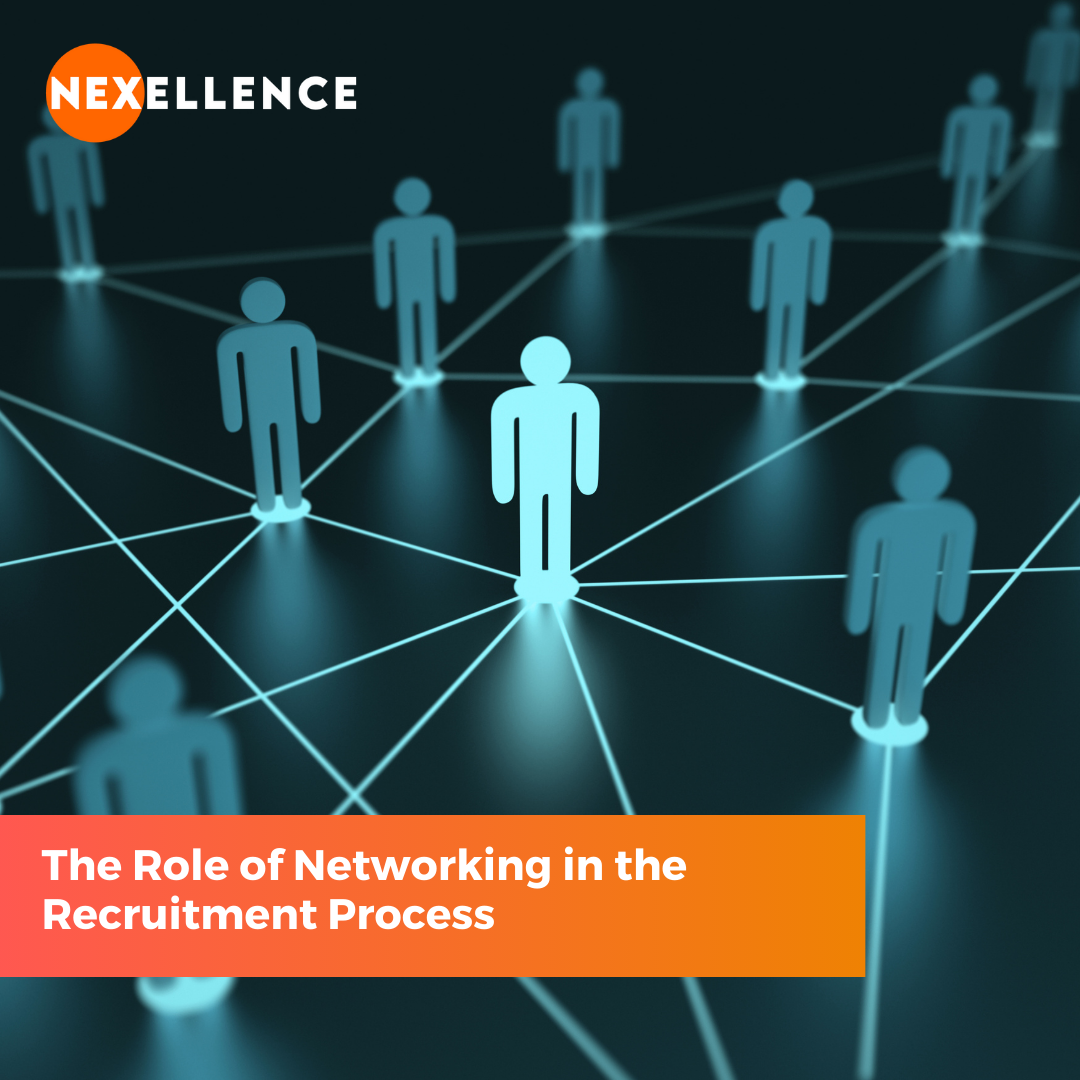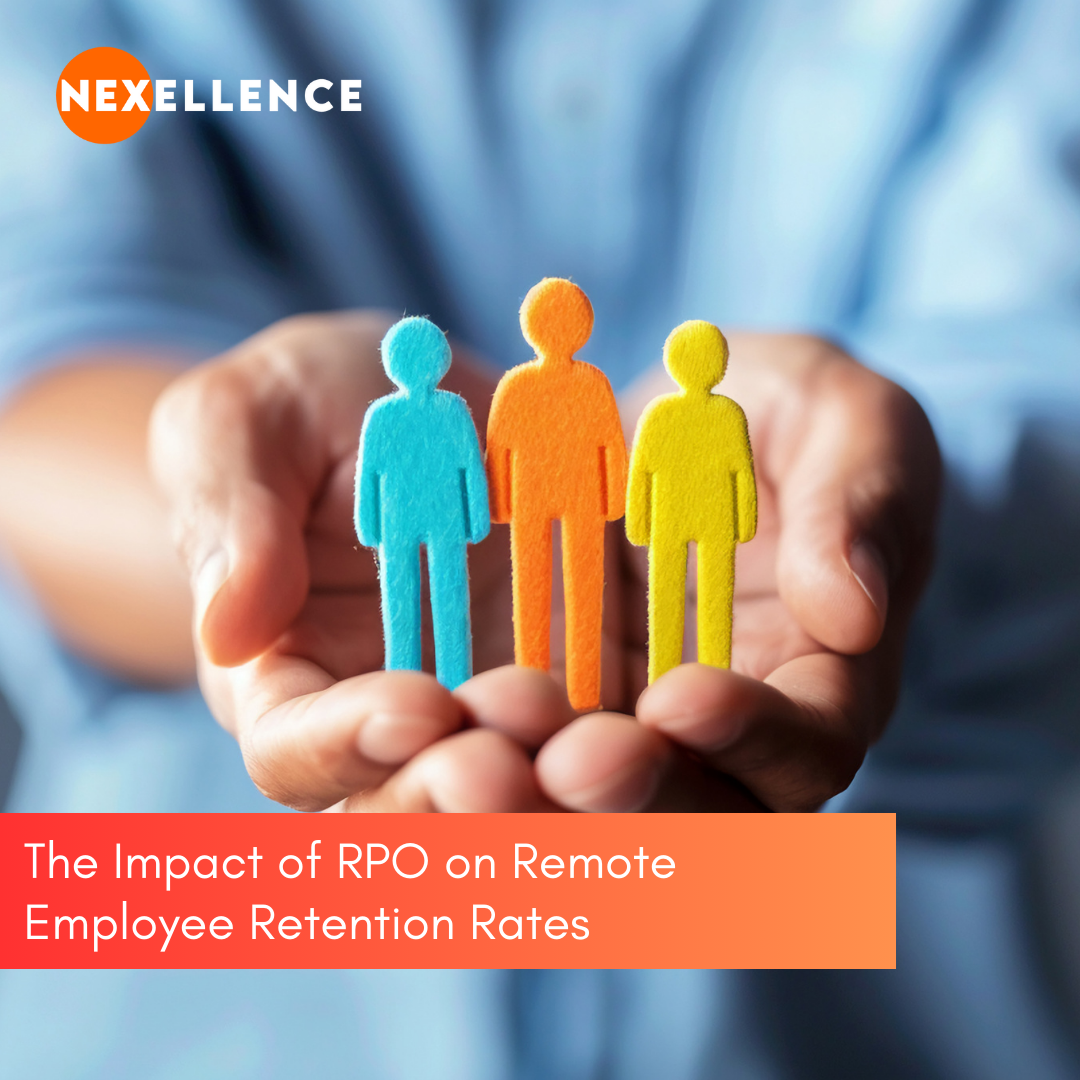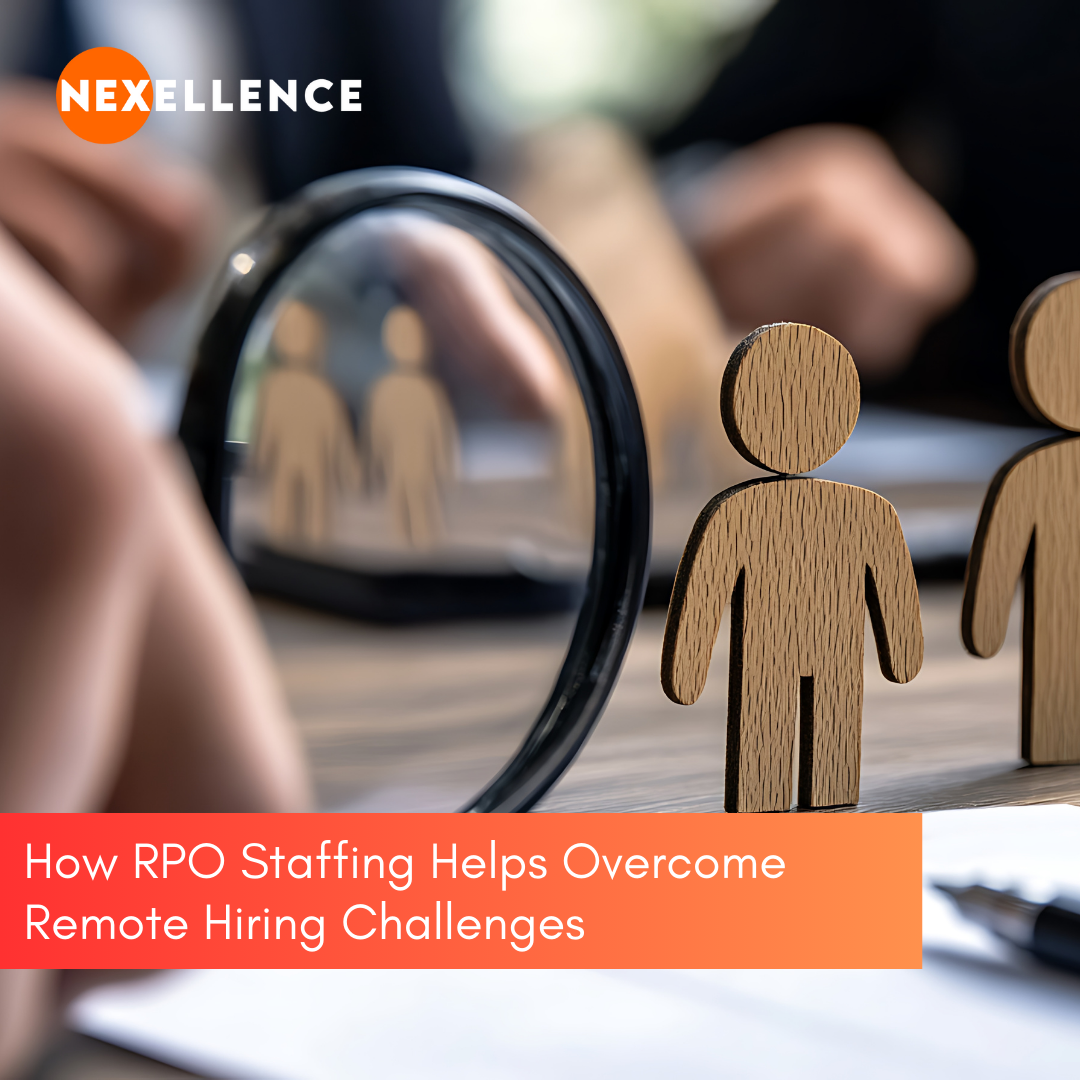Networking plays a crucial role in the recruitment process for both job seekers and employers. It involves building relationships and connecting with professionals in your industry, which can lead to job opportunities, career advice, and valuable insights. Here’s a detailed look at how networking impacts recruitment:
1. For Job Seekers
Access to Hidden Job Markets
- Unadvertised Opportunities: Many job openings are not publicly advertised. Networking can help you learn about these hidden opportunities through connections within the industry.
- Referrals: Being referred by a current employee or industry contact can increase your chances of getting an interview. Employers often trust recommendations from their employees.
Building Relationships
- Professional Connections: Networking helps build relationships with industry professionals, mentors, and peers. These connections can provide guidance, support, and introductions to potential employers.
- Long-Term Benefits: Strong professional relationships can lead to long-term career benefits, such as mentorship, collaboration, and continuous learning opportunities.
Enhancing Your Personal Brand
- Visibility: Actively participating in industry events, conferences, and online forums increases your visibility within your field.
- Reputation: Networking helps you establish a positive professional reputation. Being known as knowledgeable, reliable, and helpful can make you more attractive to potential employers.
Learning and Development
- Industry Insights: Networking provides access to the latest industry trends, best practices, and insider information, helping you stay current and competitive.
- Skill Enhancement: Engaging with other professionals can expose you to new skills and knowledge, which can be beneficial for career growth.
Confidence and Communication
- Interview Preparation: Networking helps improve your communication and interpersonal skills, making you more confident during interviews.
- Feedback and Advice: Connections can offer constructive feedback on your resume, cover letter, and interview techniques.
2. For Employers
Talent Sourcing
- Proactive Recruitment: Networking allows employers to identify and connect with potential candidates before a job opening arises, creating a pipeline of talent.
- Diverse Talent Pool: Engaging in diverse networks helps employers reach a broader and more varied talent pool, promoting diversity and inclusion.
Employee Referrals
- Quality Candidates: Employees are likely to refer candidates who they believe are a good fit for the company, often resulting in higher quality hires.
- Lower Turnover: Referral hires tend to have higher retention rates because they already have a connection within the company.
Building Employer Brand
- Industry Presence: Active participation in industry events, forums, and social media enhances the company’s visibility and reputation as a desirable employer.
- Thought Leadership: Sharing insights, participating in panel discussions, and contributing to industry publications position the company as a leader in its field.
Market Intelligence
- Competitive Insights: Networking provides valuable information about competitors, industry trends, and market conditions, helping employers make informed strategic decisions.
- Candidate Expectations: Understanding what candidates are looking for in terms of culture, benefits, and career growth helps tailor job offers to attract top talent.
Fostering Relationships
- Talent Community: Building a community of potential candidates, even if they are not immediately needed, ensures a steady stream of talent when opportunities arise.
- Alumni Networks: Staying connected with former employees can lead to boomerang hires—individuals who return to the company after gaining experience elsewhere.
Best Practices for Effective Networking
For Job Seekers
- Attend Industry Events: Participate in conferences, seminars, and workshops to meet professionals in your field.
- Leverage Social Media: Use platforms like LinkedIn to connect with industry peers, join relevant groups, and share your expertise.
- Seek Informational Interviews: Request informational interviews with professionals in your desired field to gain insights and advice.
- Follow Up: Maintain relationships by following up with new contacts, sending thank-you notes, and staying in touch regularly.
For Employers
- Host Networking Events: Organize events, webinars, and meetups to engage with potential candidates and industry professionals.
- Encourage Employee Participation: Motivate employees to participate in industry events and refer talented individuals from their network.
- Share Content: Publish articles, blog posts, and whitepapers to showcase the company’s expertise and attract like-minded professionals.
- Build a Talent Community: Create and nurture a talent community through regular communication, newsletters, and updates about company news and opportunities.
Conclusion
Networking is a powerful tool in the recruitment process, offering numerous benefits for both job seekers and employers. By building and maintaining professional relationships, individuals can uncover job opportunities, gain industry insights, and enhance their career prospects. Employers, on the other hand, can source high-quality candidates, build a strong employer brand, and stay competitive in the talent market. Prioritizing networking efforts can lead to more effective and successful recruitment outcomes for all parties involved.





